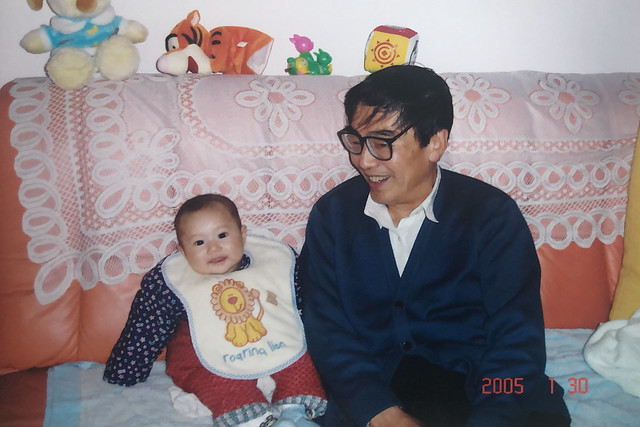My interest in history originated in elementary school in Mexico, where my friend Noam would share his great-grandpa’s experiences in Auschwitz. I was surprised because my grandpa regarded his sufferings during the Cultural Revolution and his memory of his father’s death in a labor camp in 1957 as taboo. In time, I realized an absurd fact: while I had read a lot about Auschwitz, I found few books about the Mao era, when up to 80 million deaths by unnatural causes happened. I wondered what Grandpa and Great-Grandpa had experienced.
Two years ago, Grandpa died. Bitterly regretting that I had not been able to ask more about his past, I felt obliged to explore the untold stories and started to research how Laogai (Reform through Labor) came into being.
During this research, I was touched by those wounds that had never healed. I remember that Food Supply Bureau document I unearthed in a dust-buried archive, without which the existence of 200,000 prisoner laborers would be erased. I remember Grandpa’s diary from the 1970s, in which he used “newspeak” as called by George Orwell, and ended his entries with “Long Live Chairman Mao!” I feel wretched upon reading those lines, under which lie wronged souls.
This research, along with my discussion of Chinese revolutions with students from different backgrounds at the Stanford Summer Humanities Institute, makes me understand how the CCP’s monopoly of the historical narrative silences Chinese people like Grandpa and intellectually isolates them from the world.
As William Faulkner said, “The past is not dead.” Realizing how the past shaped the present, I am determined to reclaim more voices from the Mao Era.
